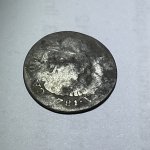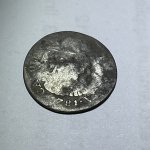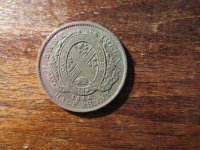Truetone30
Greenie
To LuckyLarry and all others that are or have talked about the Gov.
It should not matter who you vote for to get rights. Bottom line is we are a free people! Its just like a club guys/gals. Sometimes the top dog gets bored and thinks of ways to better the club "in this case the US" so he holds a meeting tells the "club" his ideas < hints he trys to pass something> It dose not matter. If the people want it in they will vote it in if they do not want it in then they will vote it out. God bless~ and happy hunting
It should not matter who you vote for to get rights. Bottom line is we are a free people! Its just like a club guys/gals. Sometimes the top dog gets bored and thinks of ways to better the club "in this case the US" so he holds a meeting tells the "club" his ideas < hints he trys to pass something> It dose not matter. If the people want it in they will vote it in if they do not want it in then they will vote it out. God bless~ and happy hunting




 stupid rules
stupid rules



